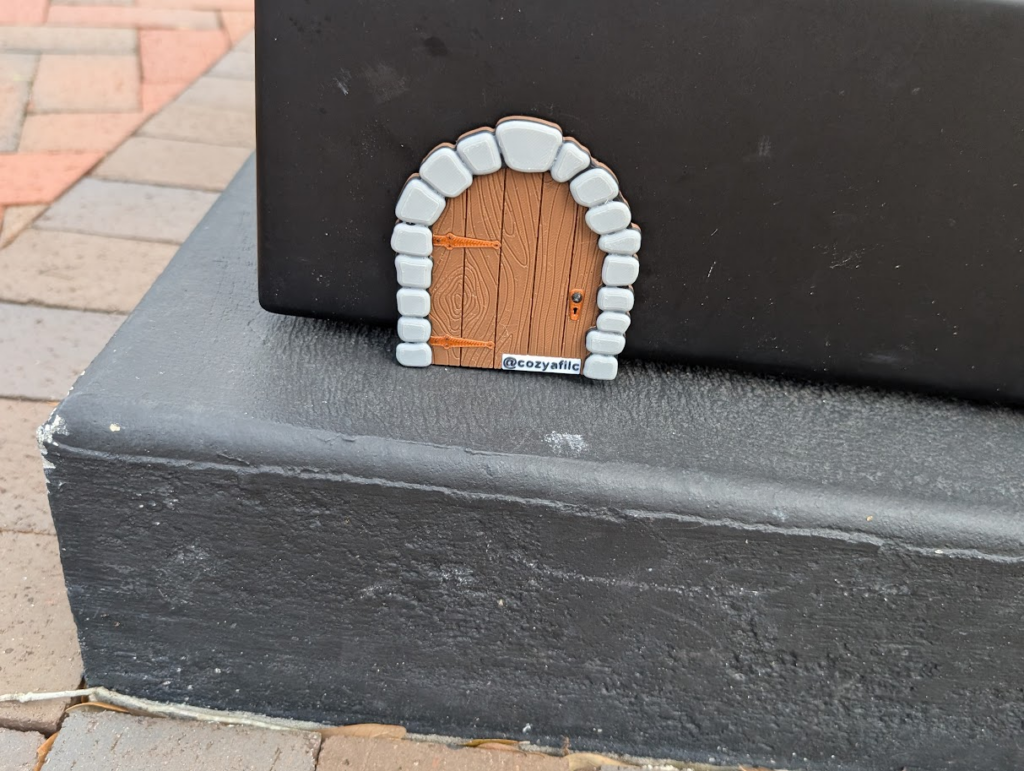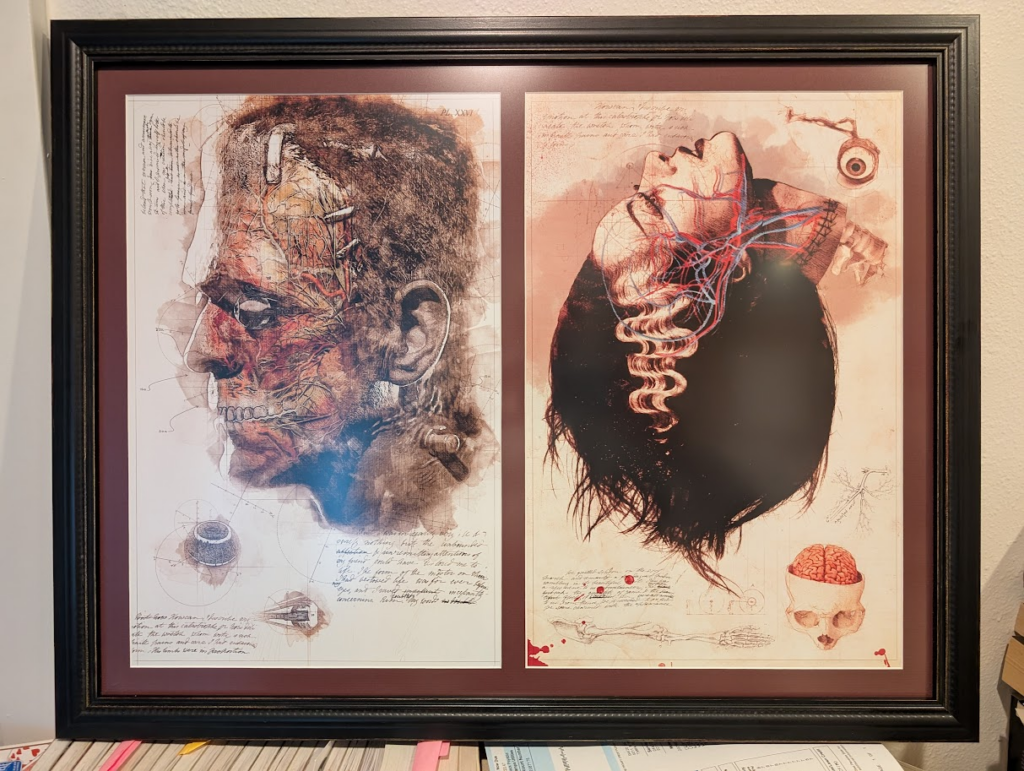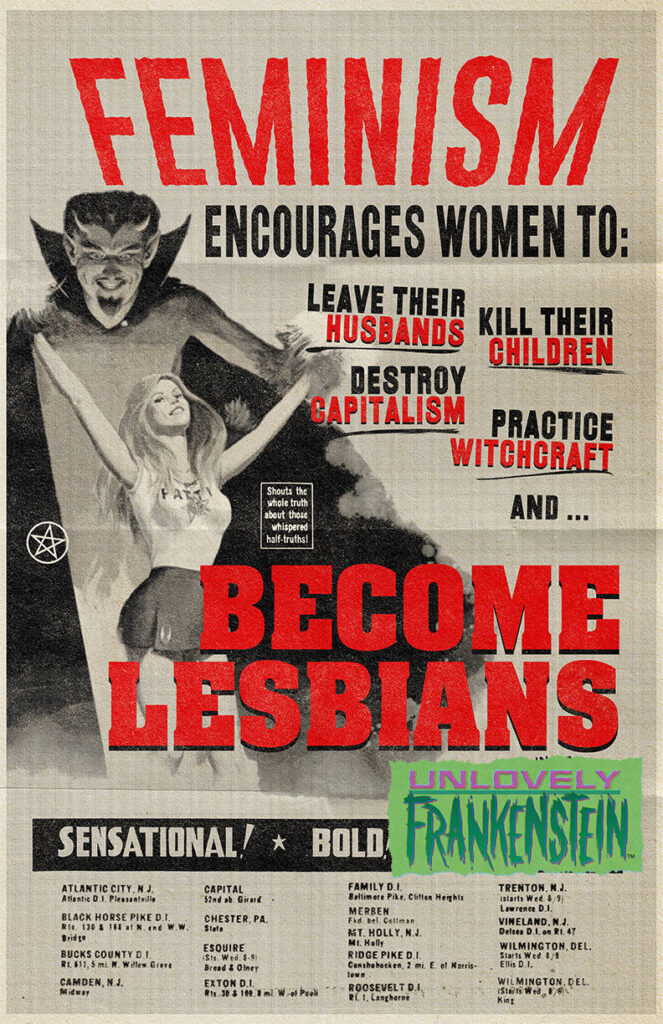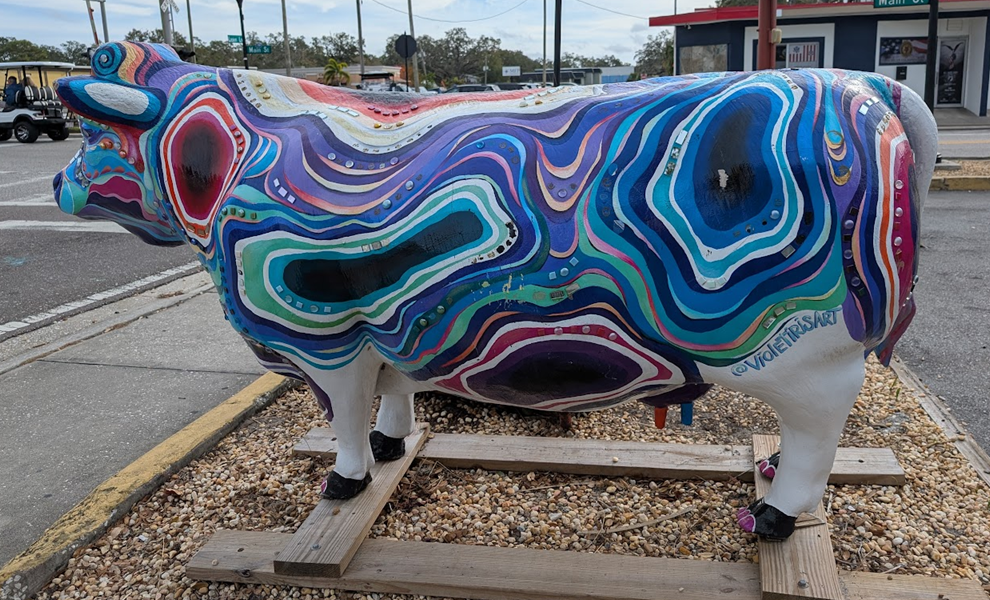It’s time for New Year’s resolutions. I love New Year’s resolutions!
Around this time last year I resolved to make 2024 my Year of the Gothic. That worked out magnificently.
In 2023 I resolved to give myself permission. Mostly it was about giving myself permission to work on my mental and emotional health. An important resolution that’s still having a positive impact on my life.
And the year before that I resolved to have afternoon tea. I no longer have afternoon tea but I’m now a regular consumer of sleepytime tea as part of my nightly wind-down and sleep hygiene.
Once upon a time I rolled my eyes at New Year’s resolutions but then I had an epiphany. What if, I wondered… what IF I decided to use my resolution for something FUN. Instead of joining a gym I’d never visit, or beating myself up over not losing weight like I promised, what if I did something like promise to…eat more pie!
And so that epiphany changed my life. (That year I ate a lot of pie. It was great!)
This year my resolution is to listen. I am not into podcasts or audiobooks. I also haven’t been listening to music the last few years as much as I once did. This year I’m firing up the podcasts and working audiobooks into my reading lists.
In addition to the actual physical act of listening with my ears, I also want to listen more broadly to voices of those who do not look like me.
A few years ago (maybe 10?) I realized that most of my life I read books and watched movies that were by and/or about white men. Mostly white, cishet, American men. And while these men may have written sympathetically about women, immigrants, Black people, and might be a part of a minority group (perhaps coming from an impoverished background, or identifying as lgbtqia+) I wondered how my view of the world might change if I were diligent about reading works BY black women instead of ABOUT black women; if I read work BY trans people instead of ABOUT trans people. If I watched movies with an all-black cast, even if it wasn’t critically acclaimed by white gatekeepers.
That was one of the best decisions I ever made.
I’m doubling down this year.
So, what else can I do this year?
While I don’t consider the following resolutions, I suppose I will strive to blog more, bike more, get out of the house more often, drink a lot more water, look for ways to get more involved in local community stuff, cut down on screen time, continue working on My Gothic Body (which at this point is less Gothic and more a meditation about masculinity and health), eat right, meditate, be as generous and kind as I know how to be, and seek out ways to push back against the cruelty and dishonesty that saturates our world. And, to that end, also endeavor to keep the doomscrolling to a minimum.
As for today, I’m traveling tomorrow and so at this moment I’m taking a break from scrubbing the bathroom (we have a dog sitter staying here while we’re away) and listening to an episode of The American Vandal about philanthrocapitalism at HBCUs.
In the midst of all the madness I hope we all are able to find some respite, some happiness and joy, some resilience, some courage, and some peace. And, wtf, maybe some love while we’re at it.
Happy New Year, y’all! 2025 is here whether we’re ready or not.
Like this:
Like Loading...









